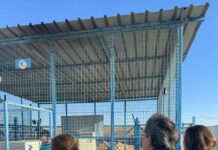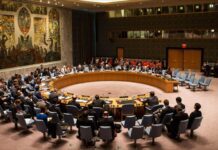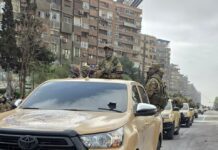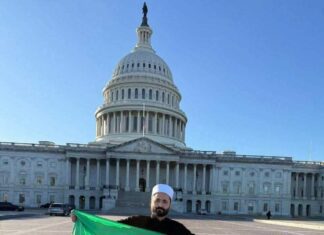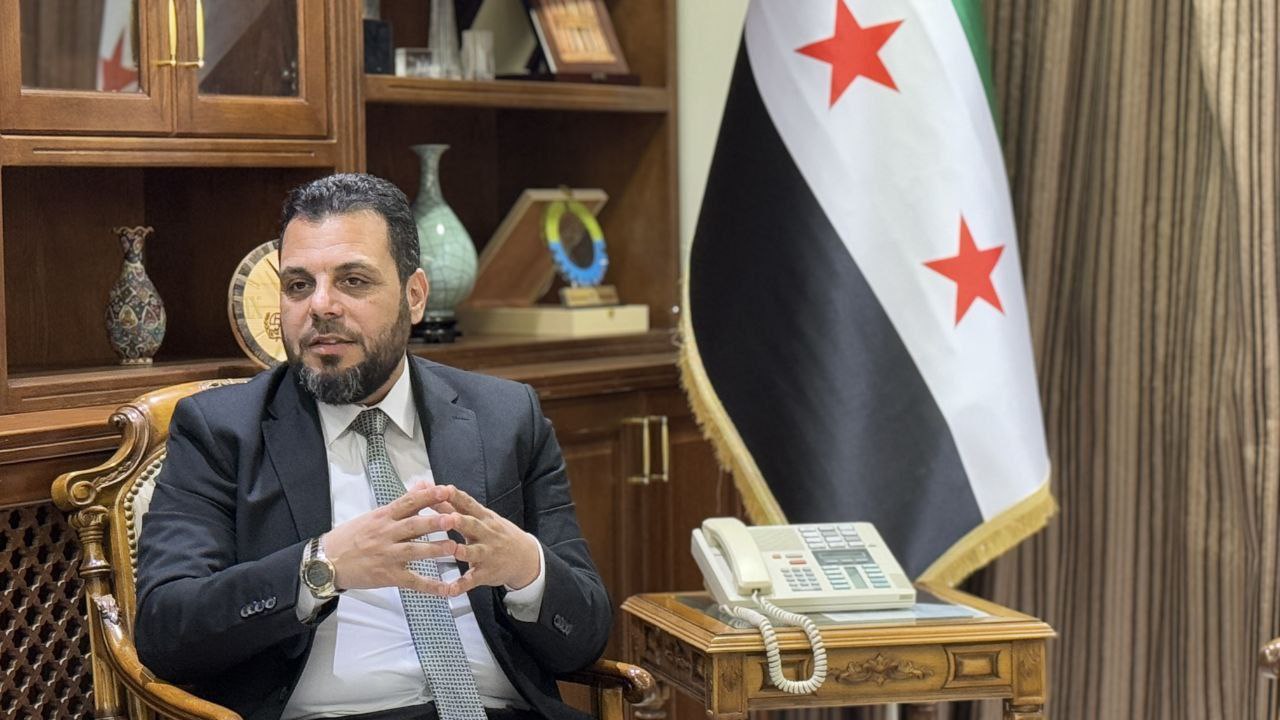
UN Special Envoy to Syria Geir Pedersen welcomed the formation of Syria’s new Supreme Committee for People’s Assembly Elections, calling it an “important step” in line with the country’s Constitutional Declaration. His comments followed the June 14 presidential decree by President Ahmad al-Sharaa establishing the body that will oversee the formation of the transitional legislative authority.
The committee, led by Chairman Muhammad Taha al-Ahmad, has begun outlining the mechanics of the electoral process, which will unfold in two phases. According to Ahmad, subcommittees in each governorate will first establish electoral bodies comprising 30 to 50 legal individuals per seat. Once sworn in, these bodies will nominate and elect assembly members in the second phase.
Speaking to Syria TV, Ahmad emphasized that candidate eligibility will be determined by criteria included in the draft interim elections law, which remains under review. The draft will be circulated among governorates for consultation before final approval. Ahmad also clarified that the nomination process has not yet begun, countering social media claims suggesting otherwise. He said candidacy announcements circulating online are individual actions and not officially sanctioned.
Ahmad clarified that seat allocations in the People’s Assembly will be based on population data from the 2010 census.. The committee’s mandate is rooted in Article 24 of the Constitutional Declaration, which calls for a transitional legislative body with two-thirds of its members indirectly elected.
International Community Monitors Process
In his statement on X, Pedersen urged the committee to take “substantial” steps toward ensuring transparency, inclusiveness and openness. He stressed that the credibility of the new assembly depends on how well it reflects Syria’s unity and diversity.
“This could be an important step, in line with the constitutional declaration that commits to the creation of a new People’s Assembly,” Pedersen wrote. He also encouraged efforts to support the effective participation of women in the electoral process and stated his intent to continue engaging with Syrians from all sectors of society to better understand their perspectives.
Pedersen had previously met with Syrian Foreign Minister Asaad al-Shaibani in May to discuss the formation of the transitional legislative authority. During a UN Security Council briefing on May 21, Pedersen identified the creation of the Supreme Committee as the next critical step following the establishment of the Transitional Justice Commission and the High Commission for Missing Persons.
Next Steps Under Watch
President Sharaa’s decree, issued June 14, formally appointed Ahmad as head of the new committee and authorized it to supervise the electoral structure. A day later, the president received Ahmad and committee members at the People’s Palace in Damascus to discuss implementation.
As groundwork for elections continues, both Syrian officials and international observers stress the importance of procedural integrity. Pedersen affirmed the UN’s readiness to support the process and called for ongoing dialogue to ensure the political transition aligns with the aspirations of the Syrian people.

